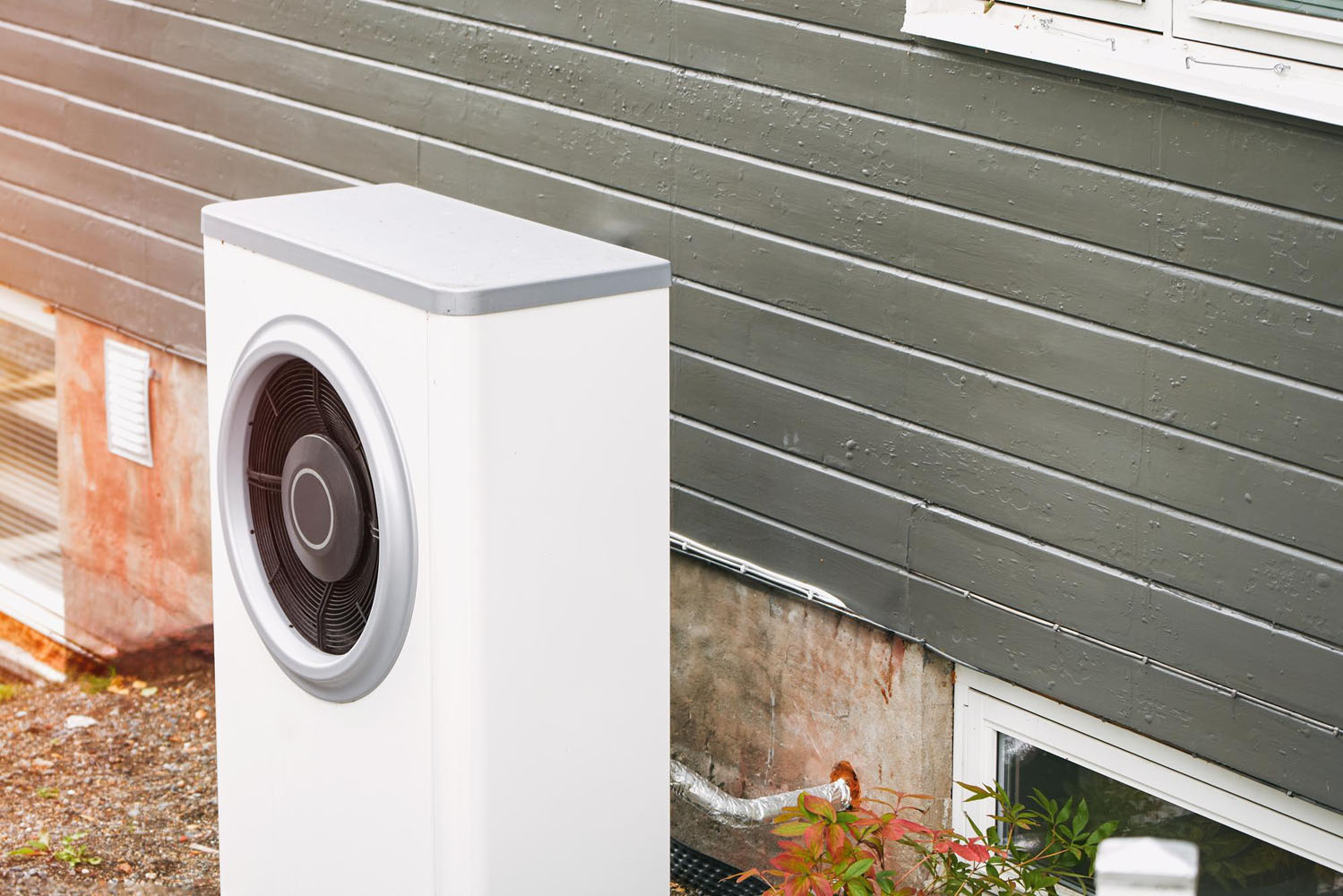As we become more aware of our environmental footprint, homeowners are increasingly concerned about the impact their heating systems have on the environment. Gas and electric heating systems each have different effects on greenhouse gas emissions and energy consumption. In this article, we’ll compare the environmental impact of both gas and electric heating systems to help you understand which is the greener choice for your home.
1. Gas Heating: Fossil Fuels and Carbon Emissions
Gas heating systems rely on natural gas, a fossil fuel. When natural gas is burned, it releases carbon dioxide (CO2) and other greenhouse gases (GHGs) into the atmosphere. These emissions contribute to climate change and air pollution.
- CO2 emissions: Natural gas combustion produces approximately 2.5 kg of CO2 per cubic metre of gas burned.
- Methane leaks: Natural gas production and distribution can result in methane leaks, a potent greenhouse gas that has 25 times the warming potential of CO2 over a 100-year period.
While gas heating is often seen as a cleaner alternative to coal or oil, it still contributes significantly to greenhouse gas emissions.
2. Electric Heating: Renewable Energy Potential
Electric heating systems, especially heat pumps, have the potential to be much more environmentally friendly, particularly when powered by renewable energy sources like solar panels or wind power.
- Zero emissions at point of use: Electric systems, when powered by renewable energy, produce no emissions while heating your home. This makes them a highly attractive option for reducing your carbon footprint.
- Lower GHG emissions: Even when powered by the grid, electric heating systems can produce lower emissions than gas heating. As the grid becomes greener and more renewable energy is integrated, the emissions associated with electric heating will continue to decrease.
Heat pumps are especially eco-friendly, as they transfer heat from the air rather than generating it, making them far more efficient than gas systems in terms of energy usage.
3. The Role of Solar Energy
One of the most significant advantages of electric heating is its ability to be powered by renewable energy sources, such as solar panels. Homes equipped with solar PV systems can use the sun’s energy to power electric heating systems, essentially eliminating their environmental impact.
- Solar-powered heating: With solar panels, you can heat your home using clean, renewable energy, further reducing your carbon footprint and reliance on fossil fuels.
- Energy storage: When paired with a battery storage system, your electric heating system can continue to run on solar power even when the sun isn’t shining.
4. Gas vs. Electric: Which Is Greener?
When comparing the environmental impact, electric heating is the greener choice, especially if paired with renewable energy. Natural gas is still a fossil fuel and contributes to greenhouse gas emissions, while electric systems, particularly heat pumps, offer a cleaner alternative, especially when powered by solar.
Conclusion
Electric heating systems, particularly when powered by renewable energy, are the clear winners in terms of environmental impact. If reducing your carbon footprint is a priority, switching to an electric system, especially a heat pump, and incorporating solar power is a sustainable choice. Gas heating, while effective, relies on fossil fuels and contributes significantly to greenhouse gas emissions.







